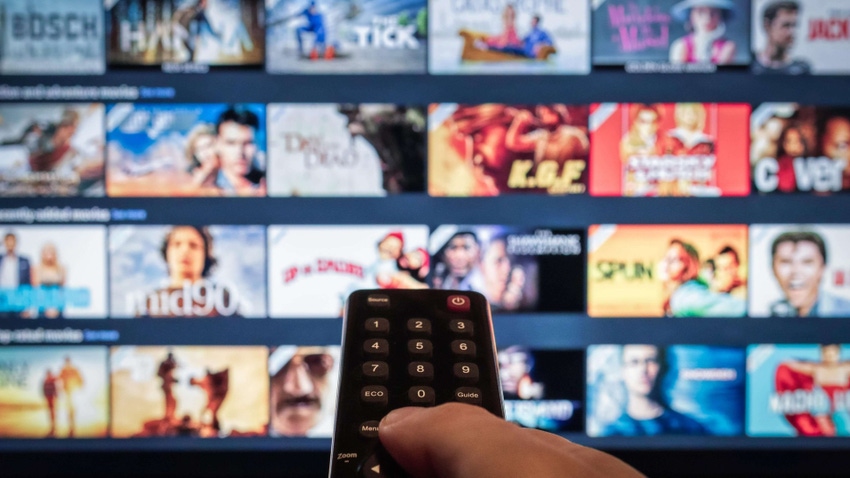FCC urged to steer clear of TV streaming services
A pair of House Republicans is warning the FCC Chair to avoid applying '1990s-era laws and regulations' to virtual MVPDs in part because Congress, not the Commission, has the authority to do so.

Two House Republicans are urging the Federal Communications Commission (FCC) to resist the urge to apply "1990s-era laws and regulations" to virtual multichannel video programming distributors (vMVPDs). They argue, in part, that those Internet-delivered pay-TV services bring critical competition to the pay-TV sector and that Congress, not the FCC, has the authority to alter those rules, anyway.
That warning arrived in an August 9 letter to FCC Chairwoman Jessica Rosenworcel from two Republican leaders: House Energy & Commerce Committee Chair Cathy McMorris Rodgers (R-Wash) and Communications Subcommittee Chair Bob Latta (R-Ohio).
"We write to express concerns about any attempt by the Federal Communications Commission (FCC) to apply 1990s-era laws and regulations to virtual Multichannel Video Programming Distributors (vMVPD)," they explained, noting that the video marketplace "has drastically changed" since Congress last explored new regulations governing MVPDs.
And if those rules involving areas such as program access and retransmission consent were to be reexamined and possibly applied to newer Internet-delivered options, "it is up to Congress to make updates, not the FCC," they added.
They are bringing this up amid recent calls for the FCC to review those rules. But they also acknowledged that Rosenworcel has already stated the position that the FCC doesn't have the legal authority to regulate vMVPDs, a group that includes services such as YouTube TV, Disney-owned Hulu, Dish-owned Sling TV, Philo, DirecTV Stream, FuboTV and Vidgo. But they issued the warning, anyway.
"[W]e agree with your previous statements and urge you to refrain from taking any actions to reopen this proceeding," the GOP leaders added, noting that the Cable Act is today limited to traditional pay-TV providers and was enacted prior to the emergence of virtual MVPDs.
vMVPDs, they argued, "do not appear to present the same perceived marketplace failures that the Cable Act sought to address in the 1990s-era cable industry … Imposing old cable regulations on vMVPDs would ignore the unique characteristics and complexities of the online video ecosystem."
Against this backdrop, Multichannel News points out that some Democrats have asked the FCC to apply regulations to streaming providers, with Senate Commerce Committee Chair Maria Cantwell (D-Wash.) asking Rosenworcel to explore it.
But if it's deemed necessary to make changes that involve vMVPDs with respect to areas such as access to local broadcasters, it would be Congress' responsibility to examine that, they reiterated.
Hot topic
FuboTV recently shared a similar opinion. Last month, FuboTV filed an ex parte describing a meeting with FCC Media Bureau officials arguing that lumping FuboTV into the broader MVPD bucket from a regulatory point of view "would create an inefficient market." FuboTV also argued that such a change might "decrease the number of local stations available to consumers," noting that 97% of local stations are currently available to its customers.
This issue is also surfacing as a new advocacy group backed by some major broadcasters, the Coalition for Local News, presses the FCC to apply retransmission consent rules to streamers such as YouTube TV and Hulu.
Patricia Jo Boyers, chair of ACA Connects and CEO of a small cable op called Boycom Cablevision, recently argued that the coalition's ask isn't about saving local news. Rather, it's about expanding "lopsided retransmission consent agreements with outrageous rates and terms set by the largest regional and national local broadcast conglomerates," she added in a blog post published last month.
"The last thing the FCC should want to do is to take a process that stiffs consumers and expand it anywhere," she argued.
Related posts:
— Jeff Baumgartner, Senior Editor, Light Reading
About the Author(s)
You May Also Like




_International_Software_Products.jpeg?width=300&auto=webp&quality=80&disable=upscale)







